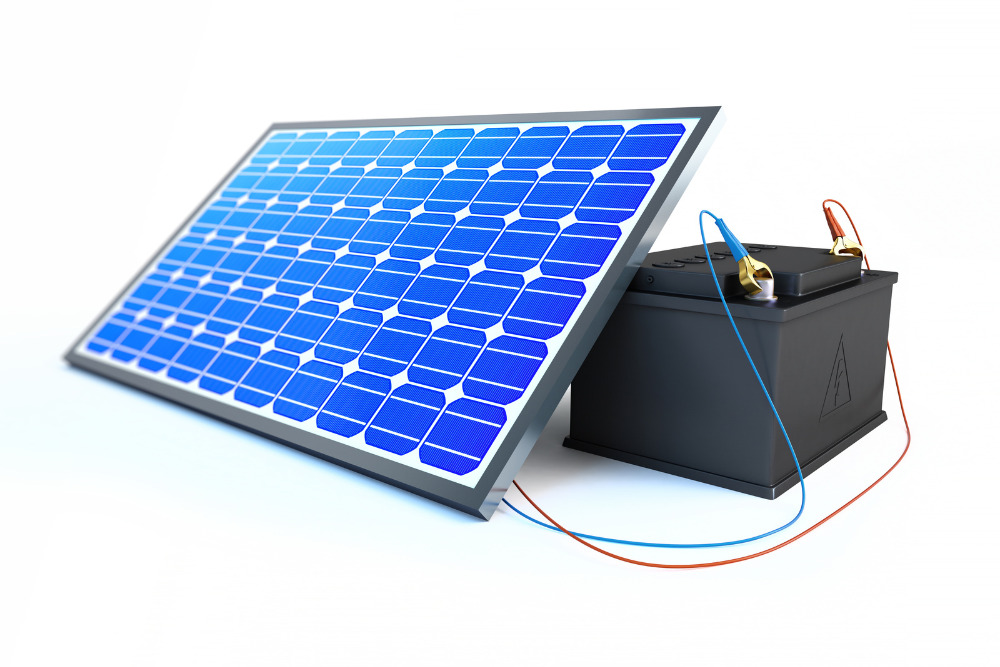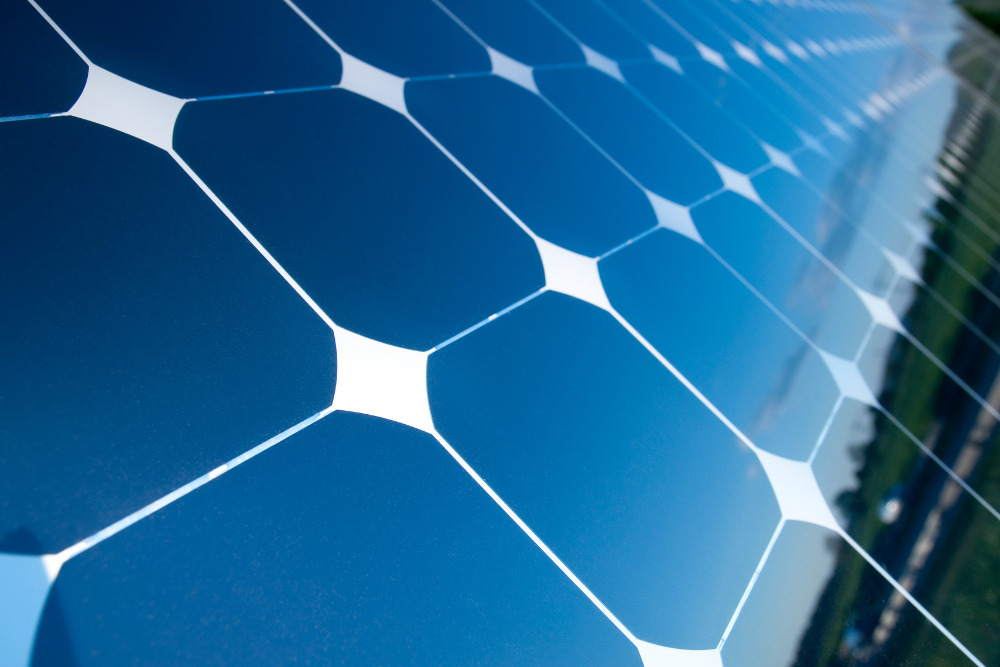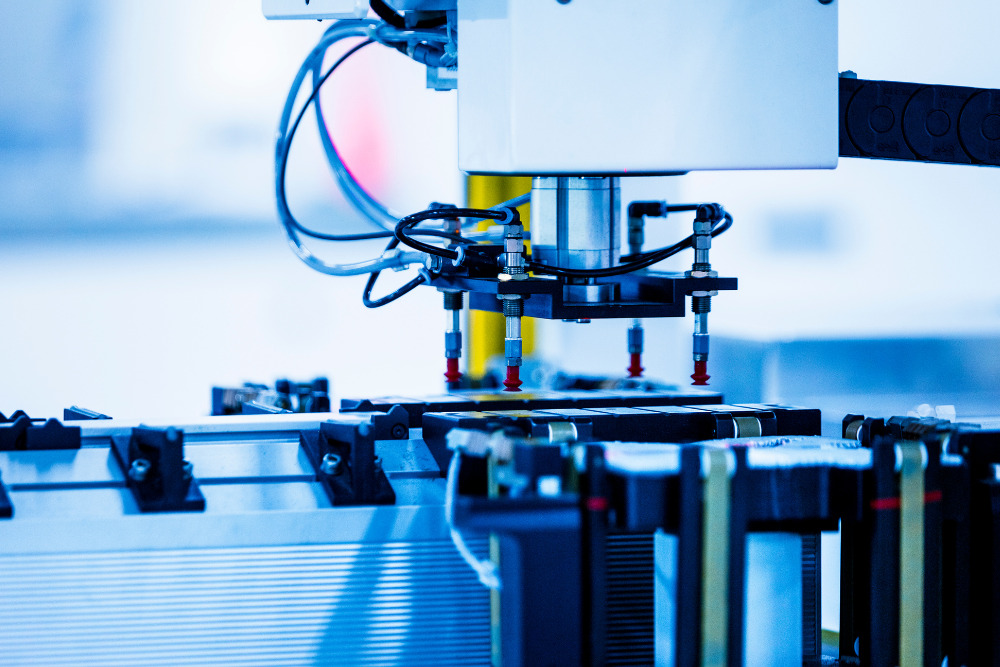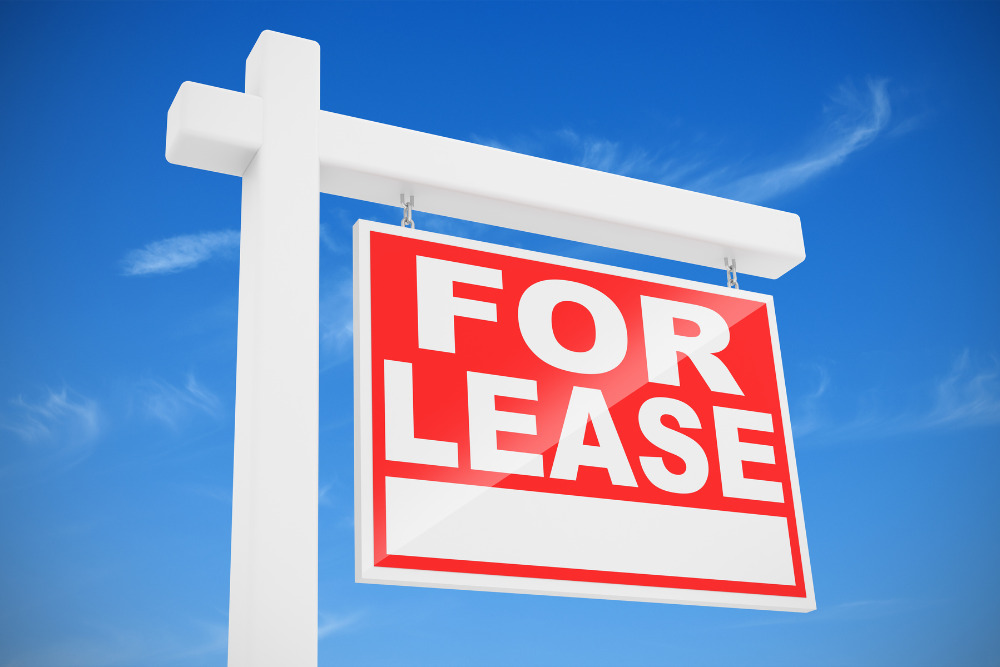
If you want to reap the benefits of solar energy but are worried about the cost, a solar panel lease lets you use solar equipment for a fixed monthly payment.
What Is A Solar Panel Lease?
Just like leasing a car, a solar panel lease allows you to use a solar panel system to power your home with little to no upfront costs. You will sign a contract with a solar company and pay them a monthly rate to use solar equipment in your home.
You can have the system installed in your home, sometimes without the need for a down payment. Your lease agreement will specify your monthly payments and your lease term.
One thing to note is that you will not own the solar equipment. Instead, just like when you lease a car, it will belong to the solar company and you will simply use it for a specified amount of time.
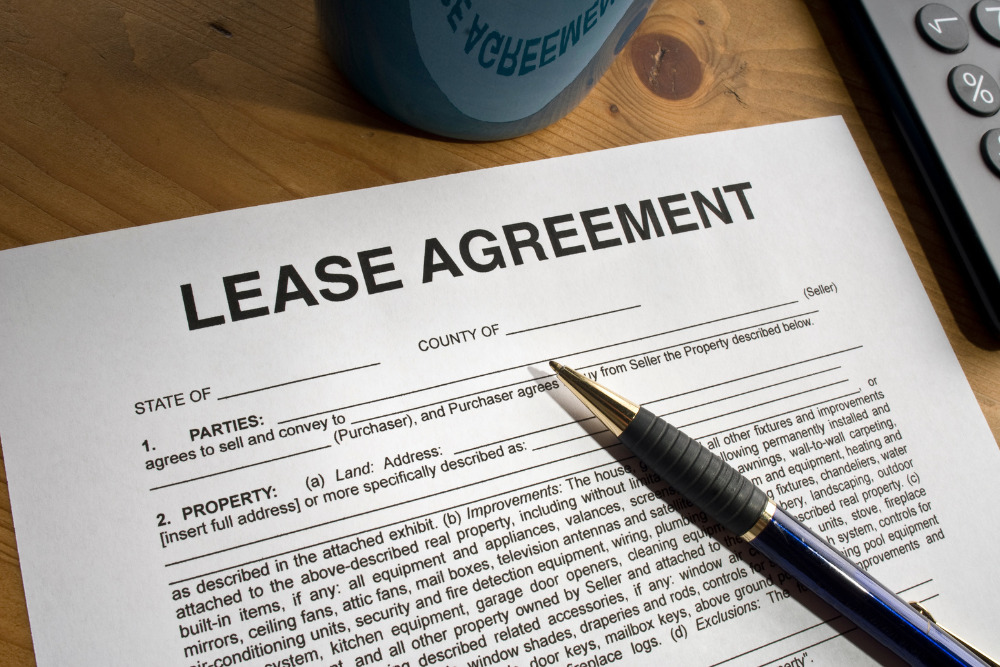
What Are The Pros & Cons Of A Solar Lease?
Pros
Some advantages of a solar lease include:
- It allows you to avoid the high upfront cost of solar panel installation. Rather than paying outright for solar installation, you pay a fixed monthly rate for the amount of solar energy generated by the equipment.
- A solar lease offers a fixed monthly fee, no matter how much energy is used. This can save you quite a lot of money on utility bills and electricity costs.
- Leasing solar panels not only gives you access to clean energy but also allows you to avoid the cost of solar panel maintenance. Your solar leasing company is in charge of managing and maintaining the system. Generally speaking, a solar panel lease agreement will include maintenance, repairs, system monitoring, and system insurance, as well as a roof penetration warranty.
Cons
Along with advantages come a few disadvantages as well, including:
- Solar leasing will not add any extra home value, and if you move before the lease is up, you will have to find a new owner to assume the lease or pay early termination fees per your contract. It could make your home harder to sell if the potential buyers do not want a solar power system.
- While you will benefit from energy savings, there are no tax incentives like the federal solar tax credit, investment tax credits, solar incentives, or rebates offered for solar leasing. Any tax breaks go to the solar financing company you’re leasing from.
- If the system generates more energy than you use, you will not be able to take advantage of net metering billing to send it back to the grid for credits.
- If you live in an area that is not very sunny, you may have to rely more on electricity from your local utility company. This would mean potentially finding yourself with two monthly bills to be paid.
- Most solar leases have a price escalator in the contract that allows the provider to increase your monthly payments each year, usually by 3-5%.
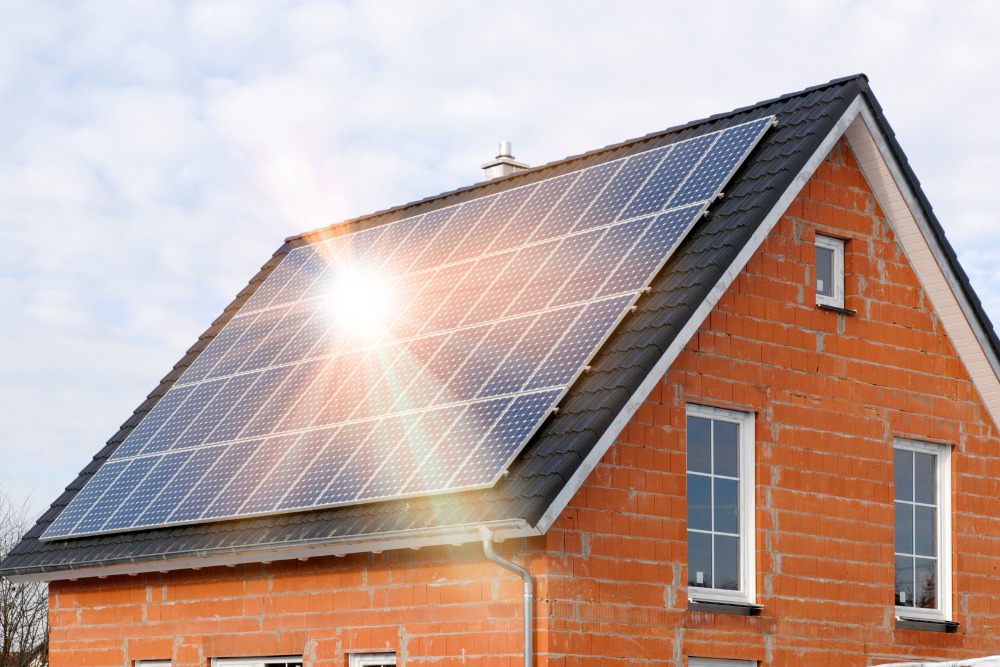
Is A Solar Lease The Same As A PPA?
Though they are similar, there are some key differences between a solar lease and a PPA. Unlike a solar PPA (or solar power purchase agreement), a solar lease offers a fixed monthly payment that will not increase regardless of power usage. With a PPA, you could end up paying more as you are charged per kilowatt-hour for solar energy used.
In a lease, you’re renting the solar panel equipment. In a PPA, you’re purchasing electricity generated by the panels.
How Much Does It Cost To Lease Solar Panels?
Though the actual number will depend on your lease agreement, on average a home solar system lease will cost between $50 and $250 per month. There are several factors that will determine this amount.
The lease payment is determined by how much energy you use, which solar company you contract, your location, and your credit score. Some solar companies will require a down payment as well, but others will not.
What Is The Cost Difference Between Leasing Solar Panels And Buying Them?
Though leasing is a great financing option for solar panels, buying them outright may offer more long-term savings. It costs, on average, around $18,000 to install solar panels. If you make a cash purchase, then you don’t have to worry about interest rates or monthly payments. Your only out-of-pocket expenses would be for maintenance and repairs, and supplementary electricity from the grid if you don’t have a solar energy storage system (solar batteries).
In general, a solar lease agreement lasts between 15-30 years. Let’s say you are paying $250 per month (at the higher end of the spectrum) and your lease agreement is for 25 years. While $250 may be less than your previous electricity bill, you will end up paying $75,000 over the span of the lease. That’s quite a difference from the $18,000 you’d need to install your solar energy system were you to purchase it outright. Even if you were to get a solar loan with a 7% interest rate, you’d still pay less to purchase a system outright.

How To Get A Solar Lease
To get a solar lease, you’ll need to first find a solar panel provider. From there, you can apply for a solar lease directly through them.
They will need to gather some information from you, including your credit score, how much your typical electric bill is, where your home is, etc. From there, they will draw up a lease agreement and will then come and install your solar panels.
